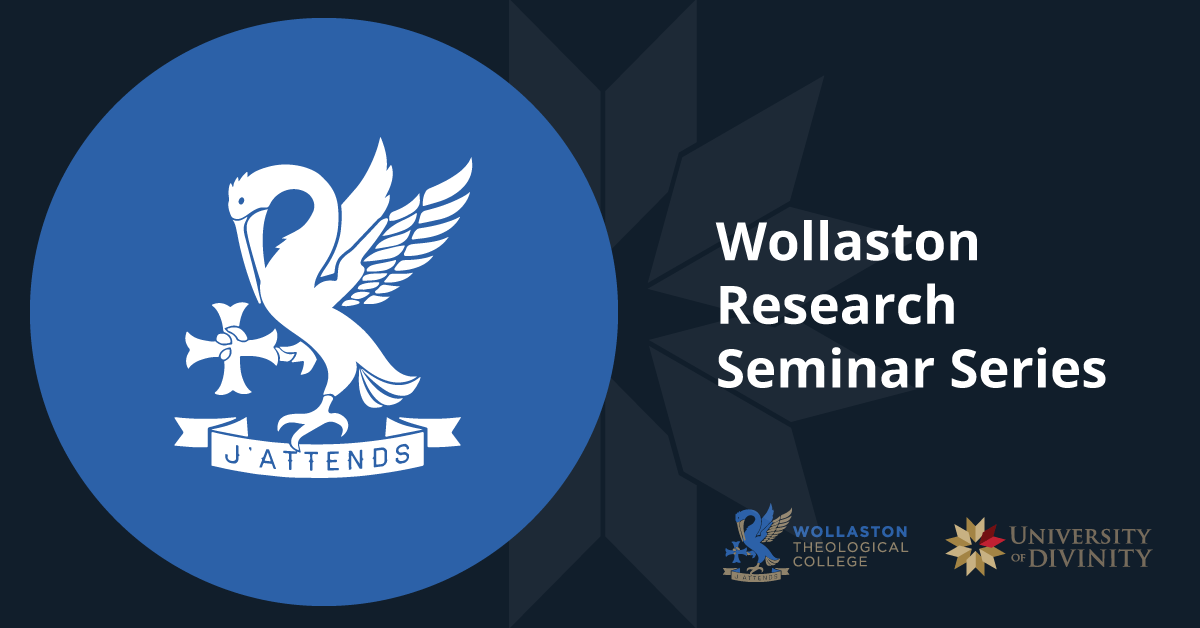

Join us for the next Wollaston Research Seminar on Monday 10th November, online via Zoom.
Dr Caroline Blyth to present: She’s a Knockout: Sexuality, Violence, and Piety in the Book of Judith
Interpretations of the titular character from the apocryphal book of Judith tend to label her as either a morally bankrupt femme fatale or a chaste and pious widow who temporarily masquerades as a fatal woman during her seduction and murder of Assyrian general Holofernes. In this seminar presentation, Caroline Blyth argues that Judith’s faith in God and her femme fatale credentials are not mutually exclusive. Taking inspiration from the world of women’s boxing and from some of Judith’s cultural afterlives, Blyth suggests that Judith draws on all the sources of her strength – her faith in God, her beguiling beauty, her deceitful lips, and her embodied sexuality – to knock out the enemy and claim victory for the Lord, herself, and her people. Her character therefore invites readers to think beyond restrictive heteropatriarchal notions of ‘acceptable’ (or plausible) femininity and female sexuality and imagine the myriad ways that women can be women.
To join our mailing list, contact research@wollaston.edu.au.
2.00pm AWST (Perth time), Monday 10 November 2025
Join via zoom at the link below
Join via Zoom